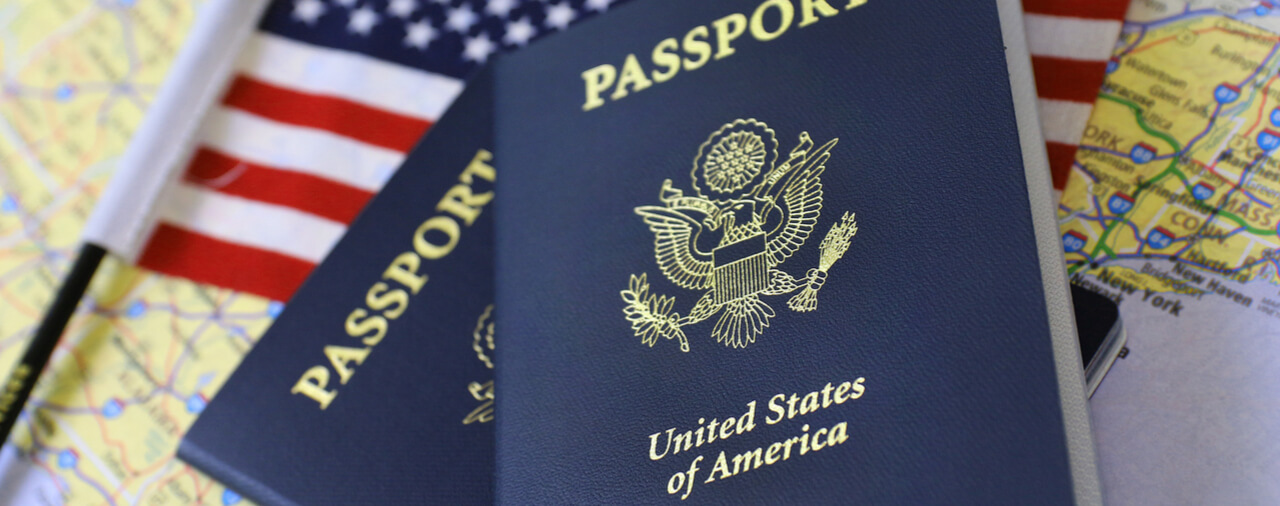Articles on Inadmissibility/Removability for False Claim to U.S. Citizenship

Introduction
We have written several articles on the current rules regarding inadmissibility for false claims to U.S. citizenship. In this article, we will include a brief description of the relevant statutory provisions and our index of full articles on the subjects. Those who are interested should consult our full articles for more information.
Relevant Statutes
Under section 212(a)(6)(C)(ii)(I) of the Immigration and Nationality Act (INA), an alien who makes or who made a false claim to U.S. citizenship for purpose of obtaining any benefit under the INA, or under any other Federal or State law, is inadmissible. The provision reads as follows:
Any alien who falsely represents, or falsely represented him or herself to be a citizen of the United States for any purpose or benefit under [the INA] (including under [section 274 of the INA]) or any other Federal or State law is inadmissible.
There is no waiver of inadmissibility for making a false claim to U.S. citizenship. This differentiates the provision from section 212(a)(6)(C)(i), which renders inadmissible an alien who attempts to procure immigration benefits through fraud or willful misrepresentation of a material fact, which does have a limited waiver found in section 212(i). However, while there is no specific waiver of inadmissibility for a false claim to U.S. citizenship, section 212(a)(6)(C)(ii)(II) provides for a limited exception from inadmissibility for making a false claim to U.S. citizenship for certain individuals who have U.S. citizen parents, permanently resided in the United States prior to turning 16, and who reasonably believed at the time of the representation that they were U.S. citizens.
Section 237(a)(3)(D) includes parallel provisions for the removal of aliens who make false claims to U.S. citizenship (including the same limited exception).
Article Index
We have addressed inadmissibility for falsely claiming U.S. citizenship in several full articles and in sections of articles on other topics. In the following sections, we will organize our relevant articles and sections, with links, for your convenience.
Board of Immigration Appeals (BIA) Decisions
On July 28, 2016, the Board of Immigration Appeals (BIA) issued an important published decision titled Matter of Richmond, 26 I&N Dec. 779 (BIA 2016). In the decision, the Board carefully analyzed section 212(a)(6)(C)(ii) and provided rules for situations arising under the provision. We wrote two articles on the decision:
Matter of Richmond, 26 I&N Dec. 779 (BIA 2016): Facts and Decision [see article]
Matter of Richmond, 26 I&N Dec. 779 (BIA 2016): Analysis of Inadmissibility Provision for False Claim to Citizenship [see article]
Short Description in 2016 BIA Year-In-Review Article [see section]
The second article details the Board's analysis of the statute and rules going forward. The first article examines the facts in the specific case and the Board's application of its new rules to those facts.
United States Citizenship and Immigration Services (USCIS) Policy Manual
On December 14, 2016, shortly after the publication of Matter of Richmond, the USCIS updated its Policy Manual with new chapters on inadmissibility for false claims to U.S. citizenship. The Policy Manual incorporates the Matter of Richmond decision and broadly addresses many other issues relating to the false claim to U.S. citizenship inadmissibility ground. The Policy Manual constitutes the most comprehensive look at the USCIS's current rules and policies regarding this inadmissibility provision. We published four articles on the guidance, as listed below:
01. Background [see article]
02. Determining Whether False Claim Was Made [see article]
03. Adjudication [see article]
04. Waivers [see article]
Judicial Decisions
There are numerous published Federal court decisions on false claims to U.S. citizenship. Below is our list of articles on relevant court cases. We will add to the list as we write additional articles on the subject.
Godfrey v. Lynch, 811 F.3d 1013 (8th Cir. 2016) [see article]
Rejecting argument that alien intended to represent himself only as a U.S. national, and not as a U.S. citizen, on the Form I-9.
Conclusion
The false claim to U.S. citizenship inadmissibility ground is especially punitive because, while there is a narrow exception, there is no specific waiver of inadmissibility available. It goes without saying that an alien should never make a false claim to U.S. citizenship for any reason. An alien with case-specific questions should always consult with an experienced immigration attorney.
We plan to add more articles on this important issue going forward. Please continue to follow our website for more information on this and other important issues and developments in immigration law.